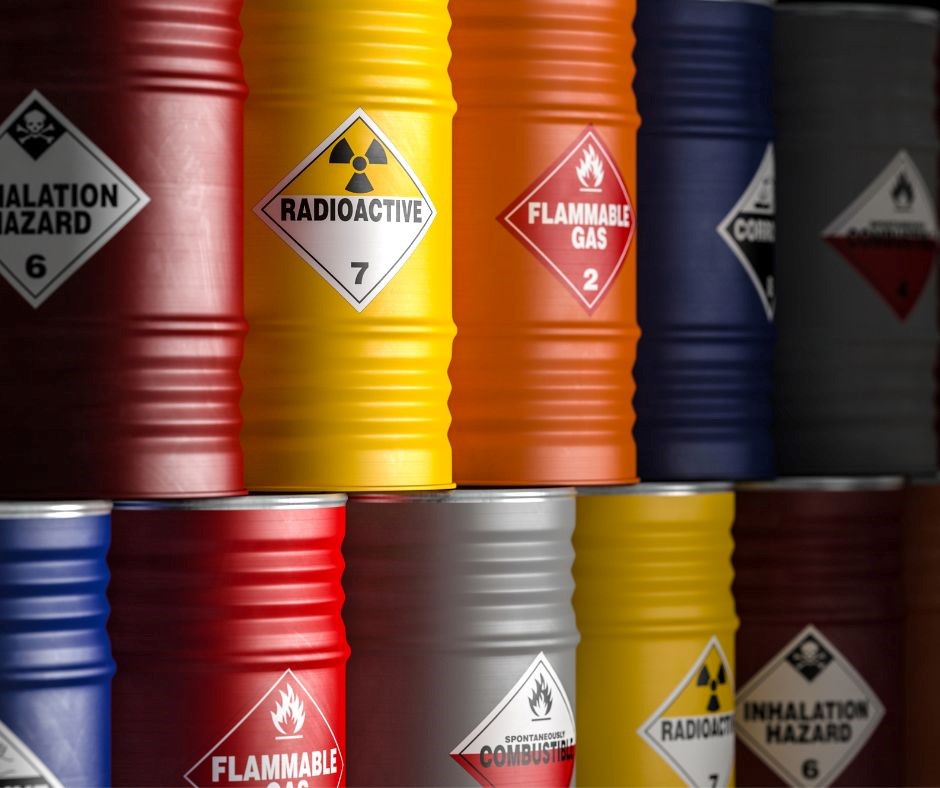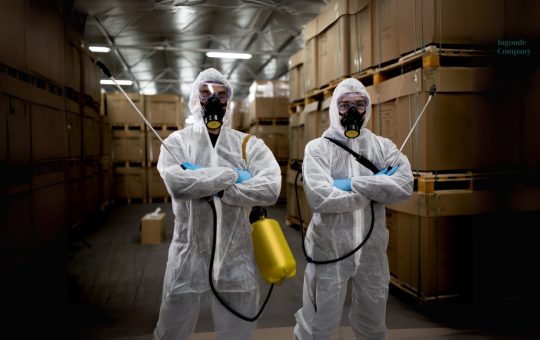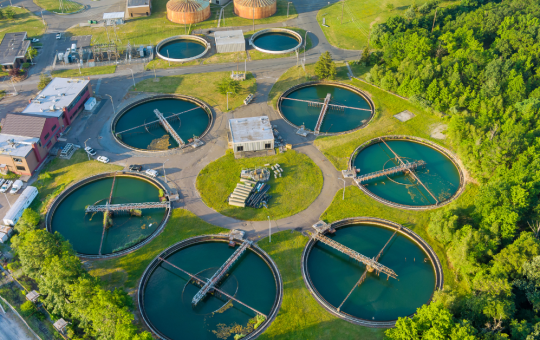
Level 3 Award in Hazardous Waste Management
Course Overview
The Level 3 Award in Hazardous Waste Management provides participants with the advanced skills and knowledge needed to manage hazardous waste effectively and safely. This course focuses on the identification, classification, handling, transportation, and disposal of hazardous materials in compliance with international and national environmental regulations.
It is designed for safety professionals, waste management personnel, supervisors, and individuals responsible for hazardous waste operations in industries such as manufacturing, healthcare, energy, and construction.
Benefits
- Regulatory Compliance: Ensure compliance with hazardous waste management laws and standards.
- Enhanced Safety: Minimize risks associated with hazardous waste handling.
- Environmental Protection: Reduce the environmental impact of hazardous waste.
- Professional Growth: Improve qualifications for roles in waste management and environmental safety.
- Operational Efficiency: Develop efficient systems for managing hazardous waste.
Learning Outcomes
By the end of this course, participants will be able to:
- Identify and classify hazardous waste according to legal standards.
- Assess risks associated with hazardous waste in different environments.
- Implement safe handling, storage, and transportation procedures.
- Develop and manage hazardous waste disposal plans.
- Conduct audits and ensure compliance with waste management regulations.
- Respond effectively to hazardous waste spills and emergencies.
Study Units
Unit 1: Fundamentals of Hazardous Waste
- Definition and types of hazardous waste.
- Common sources of hazardous materials.
- Regulations and standards governing hazardous waste management.
Unit 2: Hazardous Waste Identification and Classification
- Chemical, biological, and radiological waste categories.
- Waste labeling and documentation requirements.
- Tools and techniques for identifying hazardous substances.
Unit 3: Safe Handling and Storage of Hazardous Waste
- Proper handling procedures and use of personal protective equipment (PPE).
- Design and management of safe storage facilities.
- Preventing contamination and exposure.
Unit 4: Transportation of Hazardous Waste
- Legal requirements for hazardous waste transportation.
- Packaging, labeling, and documentation standards.
- Emergency protocols for transportation incidents.
Unit 5: Disposal and Recycling of Hazardous Waste
- Techniques for hazardous waste treatment and disposal.
- Recycling options and sustainable waste management practices.
- Monitoring and tracking waste disposal activities.
Unit 6: Emergency Response and Incident Management
- Responding to spills, leaks, and other emergencies.
- Incident investigation and reporting.
- Developing and implementing emergency response plans.
Unit 7: Compliance and Auditing
- Conducting compliance audits for hazardous waste operations.
- Documentation and record-keeping requirements.
- Continuous improvement strategies for waste management.
Career Progression
The Level 3 Award in Hazardous Waste Management prepares participants for careers such as:
- Hazardous Waste Manager: Oversee hazardous waste operations and ensure compliance.
- Environmental Health and Safety (EHS) Specialist: Focus on hazardous materials and waste safety.
- Waste Management Consultant: Provide expert advice on hazardous waste policies and practices.
- Environmental Auditor: Assess and improve hazardous waste management systems.
- Emergency Response Coordinator: Manage hazardous waste spill and incident responses.
This certification enhances career opportunities in environmental protection, industrial safety, and regulatory compliance.
Our assessment process is designed to ensure every learner achieves the required level of knowledge, skills, and understanding outlined in each course unit.
Purpose of Assessment
Assessment helps measure how well a learner has met the learning outcomes. It ensures consistency, quality, and fairness across all learners.
What Learners Need to Do
Learners must provide clear evidence that shows they have met all the learning outcomes and assessment criteria for each unit. This evidence can take different forms depending on the course and type of learning.
Types of Acceptable Evidence
Assignments, reports, or projects
Worksheets or written tasks
Portfolios of practical work
Answers to oral or written questions
Test or exam papers
Understanding the Structure
Learning outcomes explain what learners should know, understand, or be able to do.
Assessment criteria set the standard learners must meet to achieve each learning outcome.
Assessment Guidelines
All assessment must be authentic, current, and relevant to the unit.
Evidence must match each assessment criterion clearly.
Plagiarism or copied work is not accepted.
All learners must complete assessments within the given timelines.
Where applicable, assessments may be reviewed or verified by internal or external quality assurers.
Full learning outcomes and assessment criteria for each qualification are available from page 8 of the course handbook.
Top Courses
No results found.
Related Courses
Let's Get in touch
Deleting Course Review
Course Access
This course is password protected. To access it please enter your password below:



